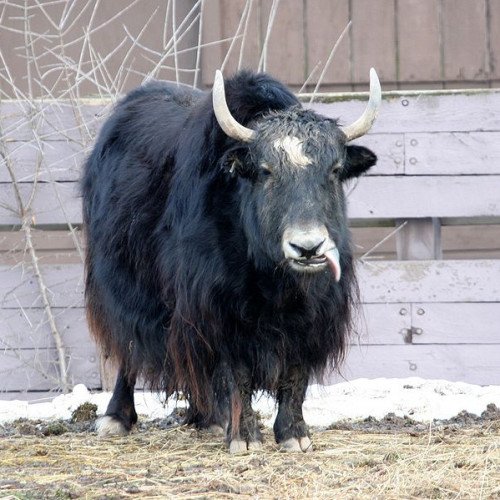Kui (Chinese mythology) VS Pontianak (folklore)

Kui (Chinese mythology)
Kui (Chinese: 夔; pinyin: kuí; Wade–Giles: k'uei) is a polysemous figure in ancient Chinese mythology. Classic texts use this name for the legendary musician Kui who invented music and dancing; for the one-legged mountain demon or rain-god Kui variously said to resemble a Chinese dragon, a drum, or a monkey with a human face; and for the Kuiniu wild yak or buffalo.
Statistics for this Xoptio

Pontianak (folklore)
The Pontianak, Matianak or Kuntilanak (from Dutch-Indonesian: Puntianak, Jawi: ڤونتيانق), sometimes shortened to Kunti, is a mythological creature in Malay and Indonesian folklore. It is described as a vampiric, vengeful female ghost. The pontianak is the singular form of Kuntilanak, a woman who died in childbirth. Similar to the langsuir in Southeast Asia, the pontianak is a long-hair female bloodsucker that represents a local variation of vampire lore. She lures in unsuspecting men to incite fear and enact revenge. Signs that a pontianak is nearby include the sound of an infant crying and the smell of decaying corpses or the plumeria flower.